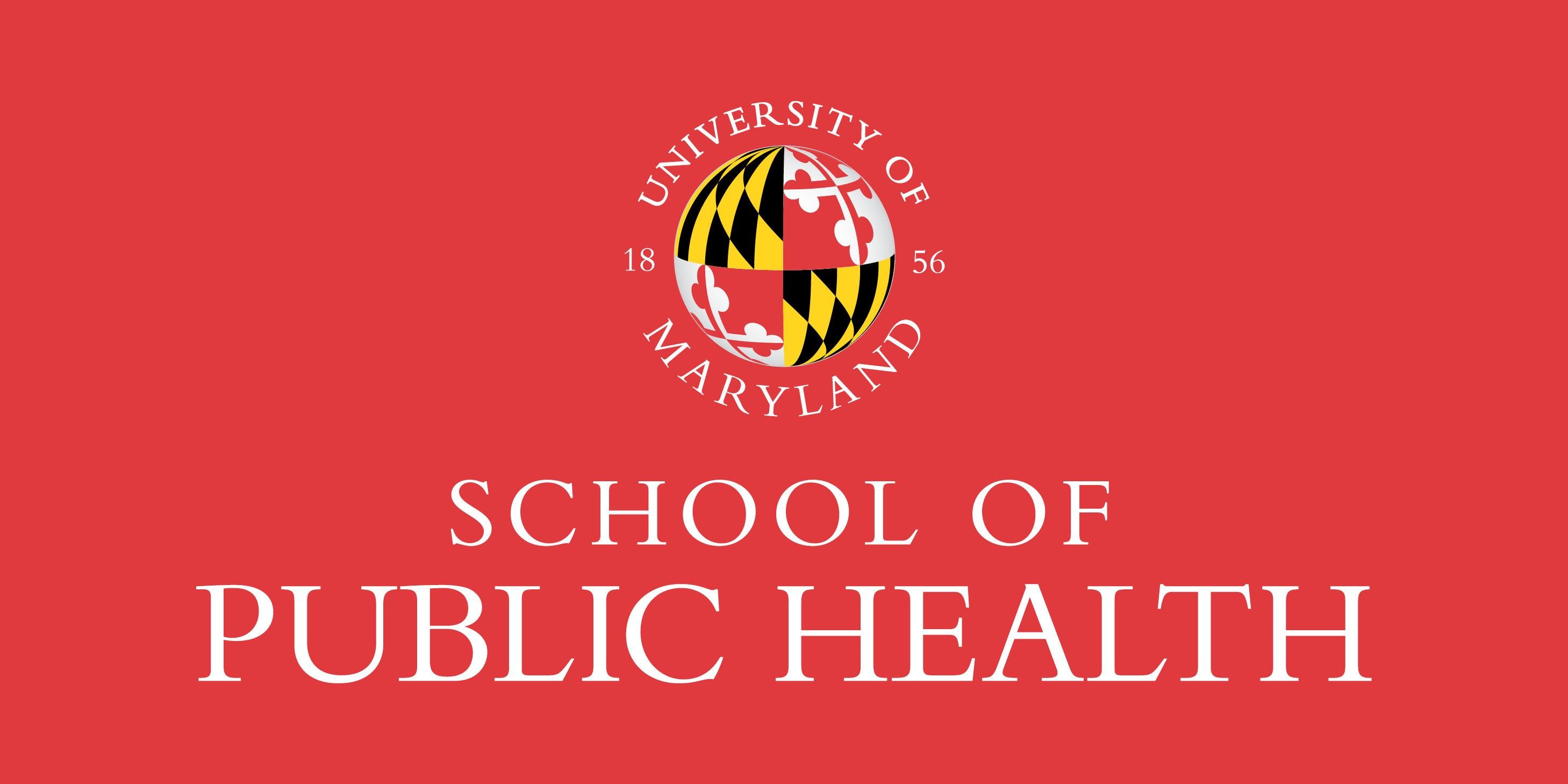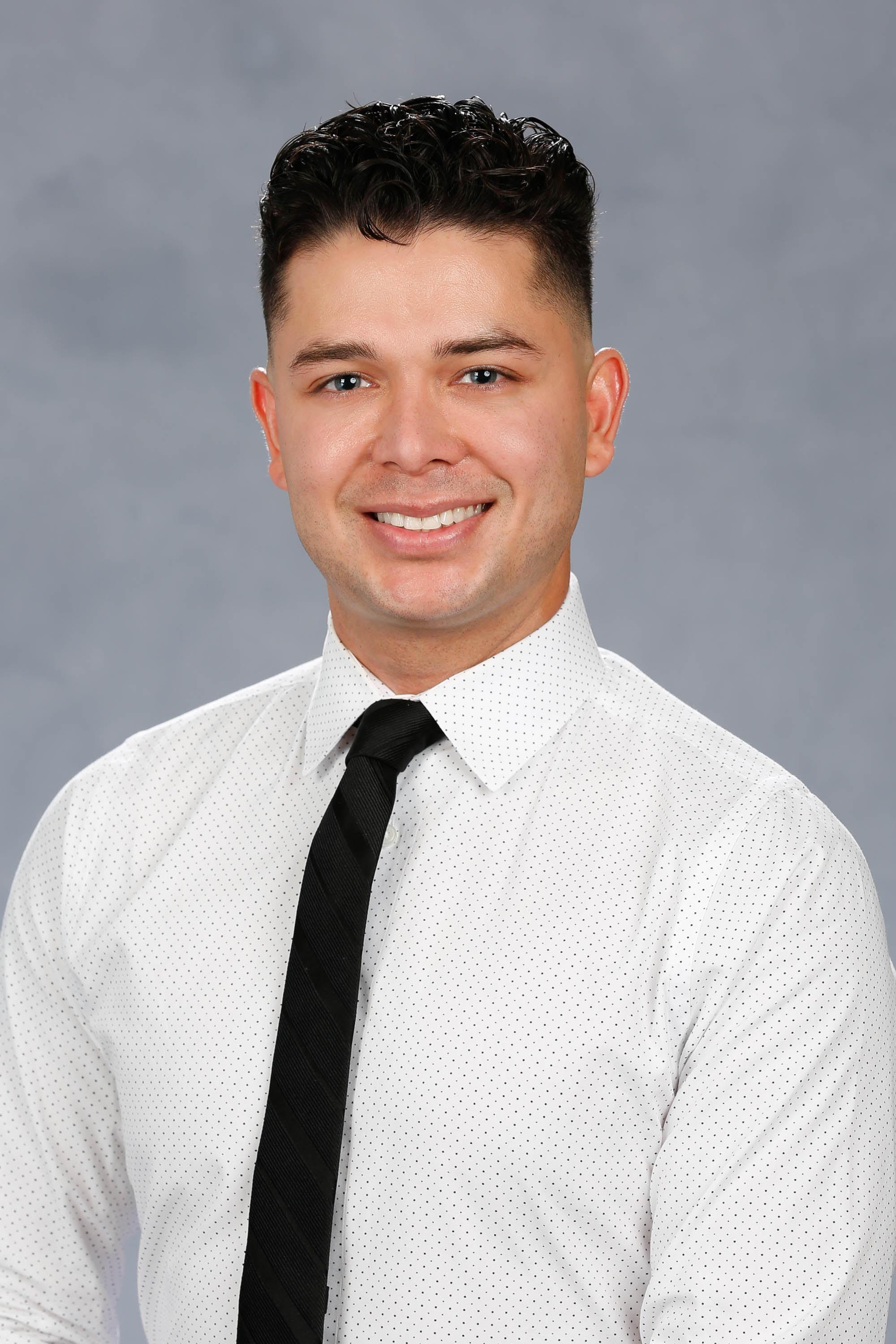

Behavioral and Community Health PhD candidate and UMD-PRC Investigator John Salerno (he/him) is incredibly active in research and advocacy. An exemplar of the PRC’s mission, Salerno centers some of the most vulnerable LGBTQ+ communities in his work, including immigrants and Latina/o/x persons. He seeks to “reveal and address complex subordinations among marginalized groups through intersectional, critical, and community-engaged research methods and paradigms.”
Salerno’s recent work on COVID-19 and LGBTQ+ populations “brings to light some of the unique structural vulnerabilities of sexual and gender minority persons, and particularly young people.” His UMD-PRC technical report revealed that LGBTQ+ college students are struggling with unique, identity-related health concerns amid the pandemic, including job loss and financial burden, mental health care access issues, and family rejection. Salerno explains that current public health efforts may not adequately consider our collective knowledge of history, existing literature, or the social determinants of health in addressing the pandemic. He argues that, “public health stakeholders will not begin to address LGBTQ+ population health needs in the context of COVID-19 until empirical evidence supports our arguments…academics and scholars should continue to pursue and publish in this area aggressively.”
Salerno’s dissertation, funded by an R36 grant from the National Institute of Mental Health, explores trauma and mental health needs among sexual and gender minority immigrant adolescents from Guatemala, Honduras, and El Salvador (i.e., the Northern Triangle). This study, informed by principles of intersectionality, fills yet another gap in understanding LGBTQ+ mental health. Although the Washington D.C., Maryland, and Virginia (DMV) region has a decades-long history of hosting immigrants who are fleeing violence and economic hardship in the Northern Triangle, Salerno notes that “research elevating the mental health needs of immigrant adolescents from these countries, and even more so those who are sexual and gender minority youth, remains virtually non-existent.”
Adjacent to his research, Salerno engages in leadership and advocacy efforts, including as founder and president of the LGBTQ+ Students and Allies in Public Health student group, establishing the UMD-PRC Anti-Racism Committee, and serving as a Graduate Student Representative for the UMD University Senate Equity, Diversity, & Inclusion Committee. Through all of his work, he urges public health professionals, researchers, and policymakers to ask themselves “Are we doing enough (during COVID-19) to help undocumented immigrants, prison populations, people of color, the lower class, the homeless, and various other disadvantaged groups? Are we doing enough to help those who are further minoritized because of their sexual and gender identities?” He strongly believes in “health equity approaches that beg for public health stakeholders to not only consider but elevate the needs of disadvantaged and vulnerable health disparity populations.”